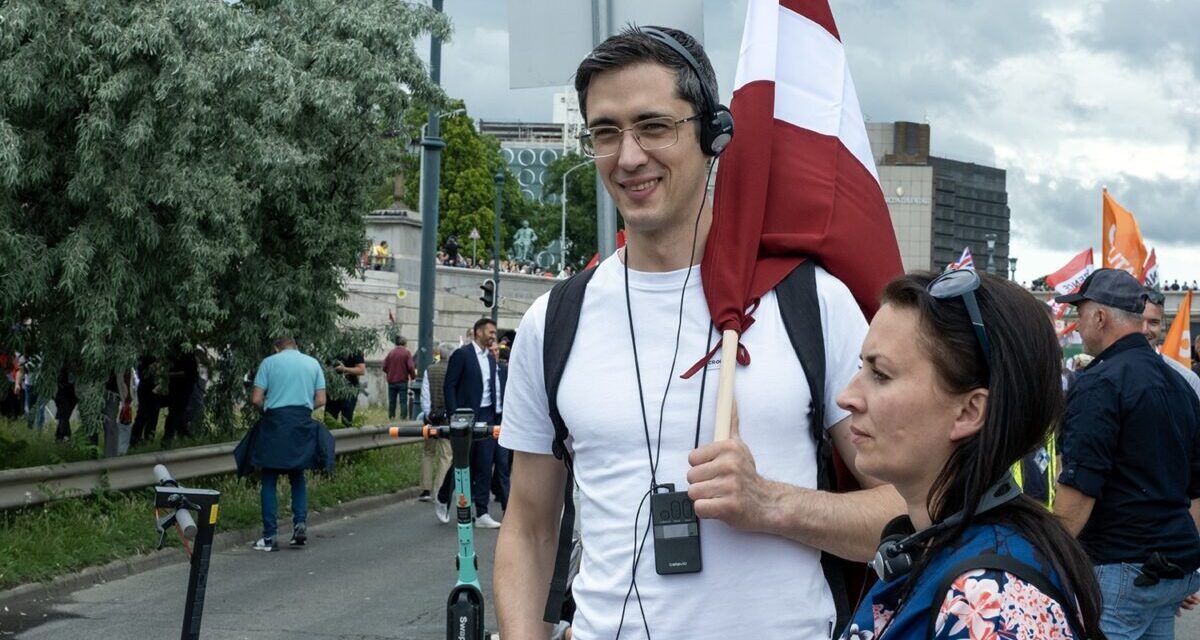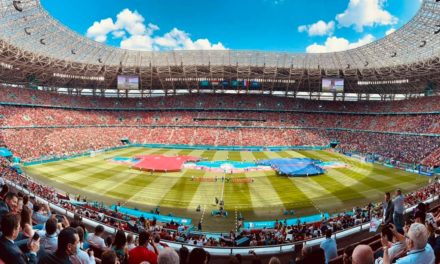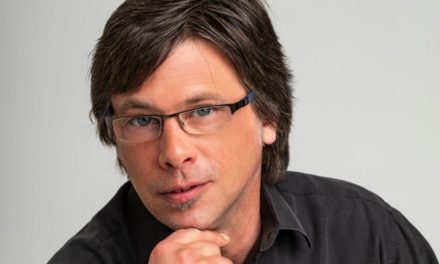The question of peace has always lived in me. This is also essential for the people around me. But isn't peace today a utopia? And if peace is a reality, where does it begin and who is responsible for peace today? It was a unique opportunity to ask these questions on June 1 as one of half a million peace marchers, writes Central Europe News .
Large-scale parades and demonstrations are regularly held in Budapest. I knew this because I had heard a lot about them. However, this year I took part in the march for the first time with nearly 500,000 other people in Budapest, united for the same cause of peace.
The peace march has been a recurring event in Hungary since the beginning of the 2010s. However, this year, during the tenth parade, much emphasis was placed on the threat of actual war. The thought permeated the march: we don't want to drift into war today. At the same time, the Hungarians expressed that they can deal with it if necessary, as they also stand up for the cause of family and freedom.
The island of peace
"I think the church should talk more about peace," says Maria Helena Costa, president of Portugal's Associação Família Conservadora (Conservative Families Association), as we stand at the Chain Bridge.
"We all experience how active the force fighting to break society is. And it is not enough that the church wants peace," Costa continues. Standing at the bridge in Budapest, he is convinced that today's church is too quiet. He sees this in his native Portugal and in other parts of Europe. "If the church doesn't talk about it and doesn't stand up for it, someone can steal it."
Questions
As the peace march begins, Henk Jan van Schothorst from the Netherlands walks beside me. He speaks of his absolute conviction: peace comes from God if you make the right decisions. God's peace.
But as executive director of the Christian Council International, in recent years he has had doubts about whether we can live in peace in Europe, says Van Schothorst. Today it is a question of war, but it has long affected the issues of religion and freedom of speech, he explains. "More and more we are forced to believe in the whole gender ideology. If I say I'm a man and she's a woman because God made us that way, the liberals can persecute me," says Henk Jan.
He cites Päivi Räsänen, a member of the Finnish parliament, as an example. Then he poetically asks me what the free West means in Europe today. As we slowly move forward, I continue to search for answers.
Temple
I look around. I have the feeling that all the participants of the march openly support Viktor Orbán, the prime minister who once declared that Hungarians can only survive as Christians. The state must cooperate with the church, and this is confirmed in me by the Hungarians I meet.
Hundreds of thousands of people support the vision that Hungary is an "island of peace" and a place where God matters. I meet people who believe that the Hungarian government knows how to prevent Europe from going to war with Russia.
As the procession passes the Parliament building in Budapest, I meet a young man, David, who is a representative of a youth organization in the western Hungarian region. He believes that it is possible to achieve peace for Europe. " Peace is real, but what is happening in the neighboring country (Ukraine - ed.) is terrible and dangerous for our future and our children. I believe that peace begins at the political level. This is what happens in disputes between the great powers and their governments ," he points out.
There are also participants from the three Baltic countries in the parade. "I think that for us, as well as for Europe, the best option is diplomacy, because war brings more destruction every day," said Mindaugas Puidokas, a member of the Lithuanian parliament. “I think we are very close to a third world war and we have to stop it because there are already reports from Lithuania, for example, that our defense minister is preparing troops for combat deployment in Ukraine. It's scary.”
Family and church
This peace march is more relevant than ever, announce the loudspeakers. "A wave of violence sweeps across Europe." And: "We must quickly stop the war and the spread of left-wing ideologies."
Hungarian residents do not hide their fear of war. Peace is not only seen as a utopia. They are convinced that thinking about peace begins in the family.
"Then we expect peace from the church, and then from government decisions," says Erna from the northeastern region of Hungary. She joined this peace march with her husband and her 11-year-old son, Szabolcc. For his sake, he also opposes migration and gender ideology. "We don't want our child to experience a devastating war, and we do everything we can to make sure our child sees that we are fighting for our values."
"We also have children, two sons, six grandchildren, and my husband and I do not want war. I also think that peace begins first in our families," Koti Benyo says of Hungary as we head towards the historic Margitsziget. " The children see and learn there."
Source: Viktorija Slavinska, CNE.news
Cover photo: Rihards Kostigovs and Viktorija Slavinska / Photo: civilek.info













